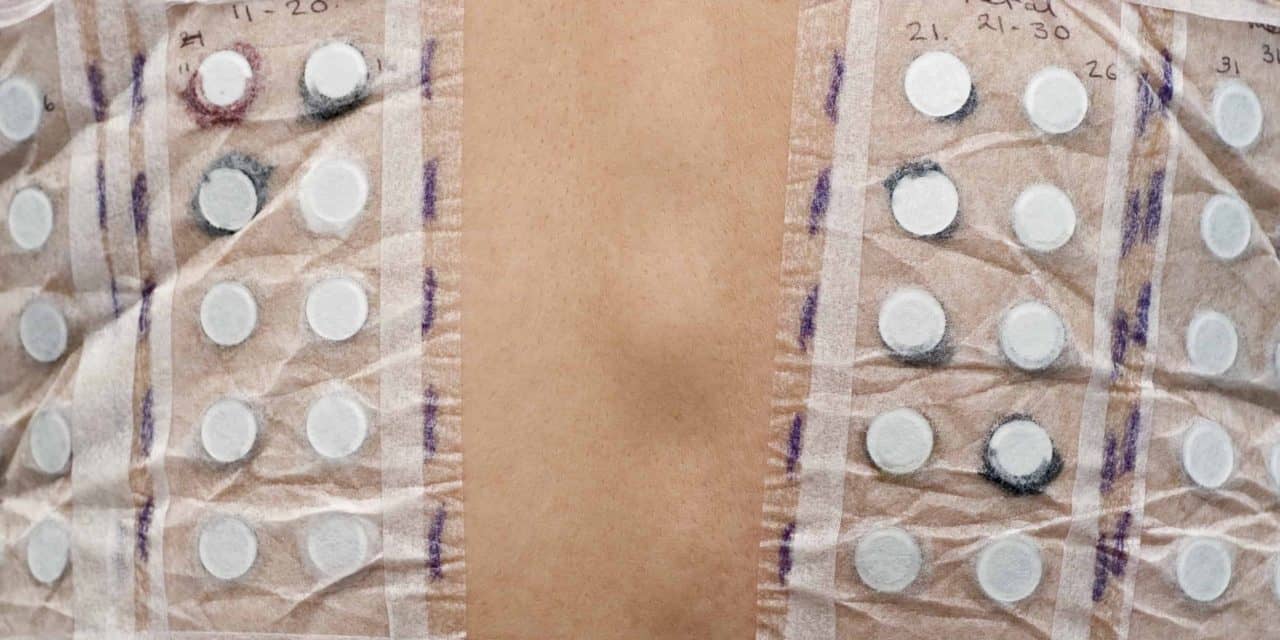Allergic rhinitis, abbreviated AR, modern medicine considers AR to be a chronic inflammatory reactive disease of the nasal mucosa mediated by exposure to allergens such as pollen and mites immunoglobulin E. AR not only affects patients’ daily life, sleep, work, and study, but also brings huge economic burden to patients and society. At present, desensitization therapy, antiallergic drugs, antihistamines, hormones, and other drugs are used to improve symptoms or immune regulation, but the clinical short-term and long-term efficacy is general, the symptoms are easy to be repeated after drug withdrawal, and the long-term toxicity and side effects of drugs are obviously insufficient. Tian moxibustion therapy has a good effect on AR. Therefore, this paper will carry out a systematic evaluation and meta-analysis of the efficacy and safety of moxibustion in the treatment of allergic rhinitis.
Eight electronic databases will be searched, including PubMed, Embase, Web of Science, Cochrane Library, the China National Knowledge Infrastructure (CNKI), Chinese Science and Technology Periodical Database (VIP), Wanfang Database (WF), and Chinese Biomedical Literature Database (CBM). We will search above electronic databases from the beginning to November 2020, without any language restriction, but involving only the human subjects. Clinical efficacy, including total effective rate or cure rate, and recurrence rate will be accepted as the primary outcomes. The Rhinoconjunctivitis quality of life questionaire (RQLQ) score, symptom score (nasal congestion, snot, continuous sneezing) will be used as secondary outcomes. The Cochrane Handbook of Systematic Review (5.3.0) randomized controlled trials (RCT) risk assessment tool will be used to evaluate the risk of bias by 2 independent researchers.
After the completion of this study, the results will be reported, so it is not possible to give accurate results at present.
The results of this study will provide reliable evidence for the efficacy and safety of Tian moxibustion in the treatment of allergic rhinitis.
This paper does not need to be approved by the Ethics Committee, because this paper is a systematic review and quality evaluation of relevant literature. The results of this study will be disseminated in the form of a paper to help better guide the clinical practice of Tian moxibustion in the treatment of allergic rhinitis.
INPLASY2020110058.
Copyright © 2020 the Author(s). Published by Wolters Kluwer Health, Inc.
Efficacy and safety of Tian moxibustion in treating allergic rhinitis: A protocol for a systematic review and meta-analysis.


